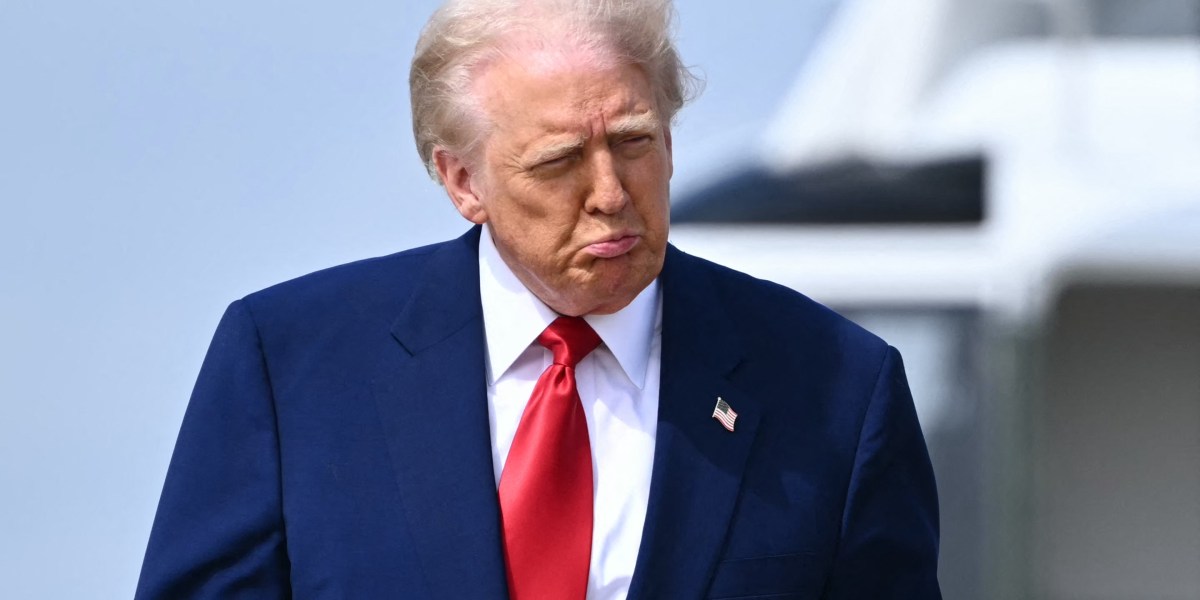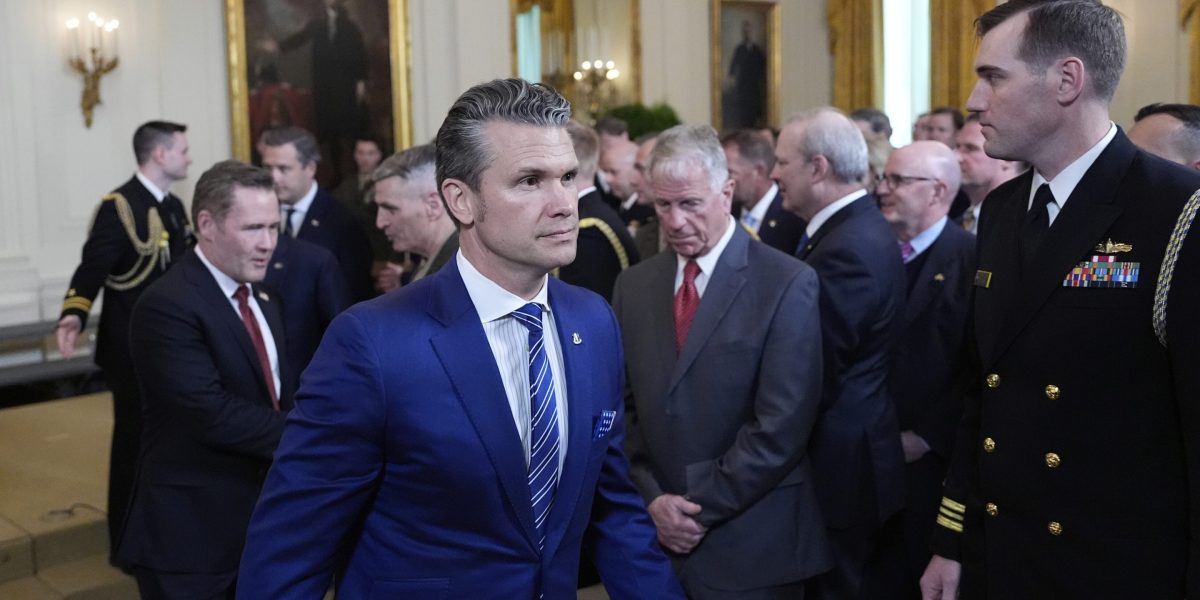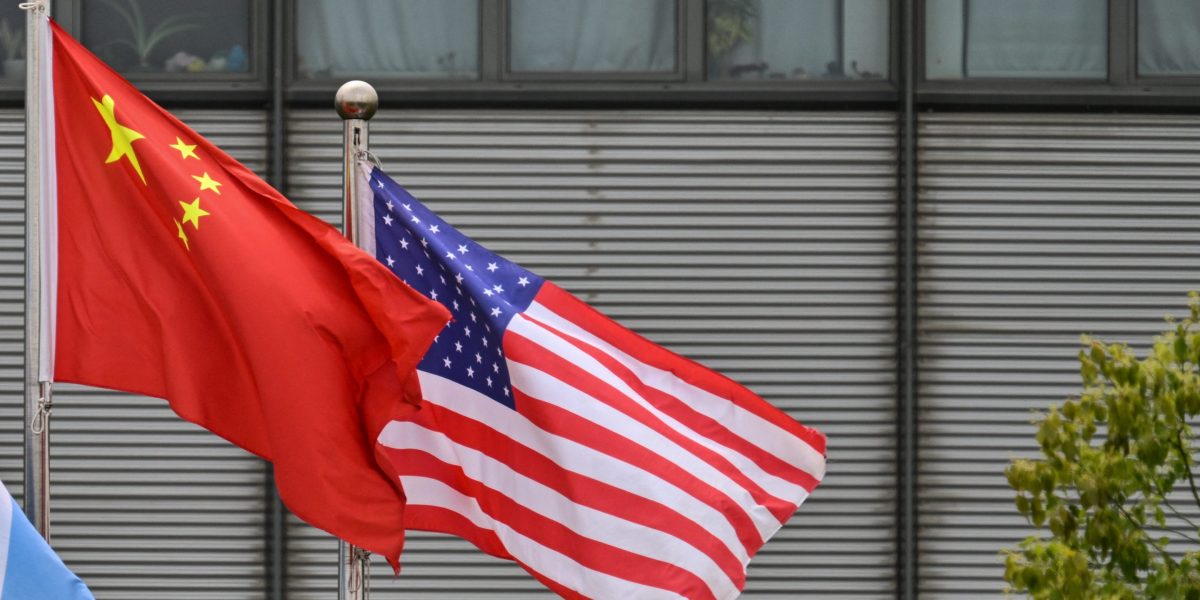President Donald Trump’s “Liberation Day” last week was more like a Day of Economic Infamy. With the announcement of sweeping new tariffs on friends and foes alike, he certainly made history.
The open question: Is it all a negotiating ploy? Or does the president really want to isolate the U.S. from the rest of the world, start a trade war, and collapse relationships that have kept the world relatively peaceful since World War II? The announcement certainly accomplished one goal—making news. The executive orders imposing a 10% baseline tariff on all countries and far higher rates on major U.S. trading partners sparked a media frenzy, with commentators, economists, and historians noting parallels to the Smoot-Hawley tariffs, which are widely recognized as a contributor to the Great Depression.
Even Trump’s allies are speaking out against the tariffs. “We are in the process of destroying confidence in our country as a trading partner, as a place to do business, and as a market to invest capital,” wrote Pershing Square CEO Bill Ackman, who endorsed Trump last summer, in an X post on Sunday. Ackman proposed a 90-day timeout to “negotiate and resolve unfair asymmetric tariff deals.”
It’s no surprise that Wall Street and the markets hate these tariffs. Corporate leaders are in shock—reorganizing priorities, halting investments, freezing hiring, and beginning shutdowns, all while trying to keep stakeholders calm. Retailers are flummoxed.
On Capitol Hill, the tariffs also prompted predictable reactions. Democrats are delighted as newfound proponents of free trade. Republican politicians have discovered the joy of tariffs. Some unions are excited. Others are skeptical. Meanwhile, Americans are split and foreign leaders are horrified.
I see it from a different perspective as the head of the Consumer Technology Association, which represents some 1,300 tech companies. Last week, I spoke strongly against these tariffs. In doing so, I felt I was saying the obvious: These are massive tax hikes on Americans that will drive inflation, kill jobs, and may cause a recession. The Day of Economic Infamy marked the beginning of not only a global trade war, but the severing of our ties with longtime allies and trade partners. The markets agreed, with more than $5.6 trillion (and climbing) in lost stock market value since the announcement.
President Trump clearly has a plan, but I worry that his view of our country is stuck in the past. I keep hearing President Trump and Commerce Secretary Howard Lutnick talk about huge new American factories. But in a high-employment environment, it’s not clear that factories are where Americans aspire to work. Even if they did, Secretary Lutnick has acknowledged that highly automated factories will employ few Americans, other than those who build them and fix them.
The reality is that not everything can be made in the United States, and not everything should be. Beyond goods with national security implications like ships and planes, Americans are better served by investing in strong supply chains that bring low-cost goods from around the globe.
So, what’s the solution? One possible off-ramp—and possibly the preferred option for President Trump—is dealmaking. The Trump wish list may include lower tariffs from these countries, commitments to buy American goods, or investment in the U.S. If President Trump cuts a deal with Vietnam or another major manufacturing country, others will follow, and markets will calm. In fact, rumors abound that those deals are already made and will soon be announced. This is a best-case scenario, pushing the world to lower or even zero tariffs.
Another option is action from Congress, which granted President Trump tariff authority and can take it back. Policymakers are already hearing from unhappy constituents. If they face the prospect of a blue wave in the 2026 midterms, they may decide that risk outweighs the president’s wrath.
We are already starting to see some Republican rebellion. Last Wednesday, a bipartisan group of senators passed a resolution refuting the “economic emergency” justifying tariffs on Canada. Senators Chuck Grassley and Maria Cantwell have also proposed giving Congress the right to reverse new tariffs. Every few hours we hear another Republican politician publicly questioning the wisdom of President Trump’s approach to tariffs. If the markets continue their nosedive, more leaders will speak up.
Of course, President Trump is a master of rhetoric. If he sees the economy go south and public anger rise, he may attempt to turn around public sentiment by doubling down on claims that tariff revenue is needed to fund economy-boosting tax cuts. While changes to tax law require action from Congress, new framing could help bolster political support.
A final option is litigation. A plain reading of the statute President Trump used to apply these tariffs makes it clear that it was written for genuine emergencies, and these tariff actions stretch that term well beyond any rational meaning. By the time you read this, lawsuits will likely have been filed in federal courts seeking tariff injunctions. However, judges rule slowly, appeals take time, and the judicial approach is fraught with risk, tardiness, and a certain randomness.
If President Trump and our political leadership refuse these off-ramps, the result will be a trade war that wreaks economic havoc on the world. Let’s hope at least some of our leaders are focused on helping Americans truly get “liberated.”
The opinions expressed in Fortune.com commentary pieces are solely the views of their authors and do not necessarily reflect the opinions and beliefs of Fortune.
Read more:
This story was originally featured on Fortune.com
Source link

 Entertainment8 years ago
Entertainment8 years ago
 Politics8 years ago
Politics8 years ago
 Entertainment8 years ago
Entertainment8 years ago
 Entertainment8 years ago
Entertainment8 years ago
 Tech8 years ago
Tech8 years ago
 Tech8 years ago
Tech8 years ago
 Tech8 years ago
Tech8 years ago
 Politics8 years ago
Politics8 years ago






